
The Digital Trade Integration Project
Increasing Transparency on Digital Trade Policies and Practices
By providing comprehensive and comparable information on regulatory policies and practices, the DTI project aims to boost the transparency of digital trade governance. It facilitates the comparison of policies across countries, the analysis of the effectiveness of specific policies in supporting international trade and investment in digital-intensive products, and the identification of good practices.
Dive into Data:
Explore Summary Statistics and 6,500+ Regulatory Policies Across 163 Countries
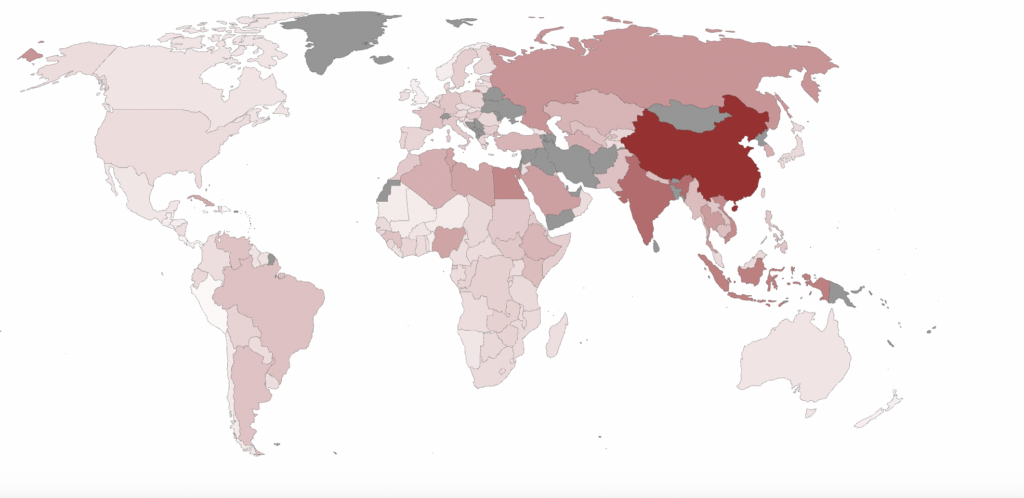
More about the DTI project

Browse the DTI Database
The DTI database is an open-access resource on digital trade policies and practices across 163 economies, encompassing 65 indicators.

Research Hub
Explore reports, publications, seminars, and presentations that rely on the DTI database to gain valuable insights into global digital trade trends.
Mission
The repository and index are designed as a tool to support academic and policy research on regulatory policies in the area of digital trade. The project covers 163 countries and strives to include more countries to become a reference for research across the world. The repository is updated regularly, while the index will be updated every year.
Our team
The project is coordinated by Prof. Martina F. Ferracane with the support of Simón González Ugarte and Tomás Rogaler Wilson.
For any inquiries, please get in touch with dtiproject@eui.eu
Partners
The DTI project relies on a consortium of partners from different regions of the world. The open structure of the project allows accounting for different perspectives on digital trade integration, while supporting the project’s sustainability over time through a decentralised data collection process.
The project was originally sponsored by CIVICA, an alliance of leading European higher education institutions in the social sciences. It brought together scholars who distinguished themselves in research on legal, technical, and human rights topics related to the digital economy.





The academic initiative has evolved with a fruitful partnership with the European Center for International Political Economy (ECIPE), the United Nations Economic and Social Commission for Asia and the Pacific (UN-ESCAP), the United Nations Economic Commission for Africa (UN-ECA), the Trade and Investment in Services Associates (TIISA), the Digital Cooperation Organization (DCO), the School of Computing, Engineering & Digital Technologies at Teesside University (SCEDT), and the Asian Development Bank (ADB).
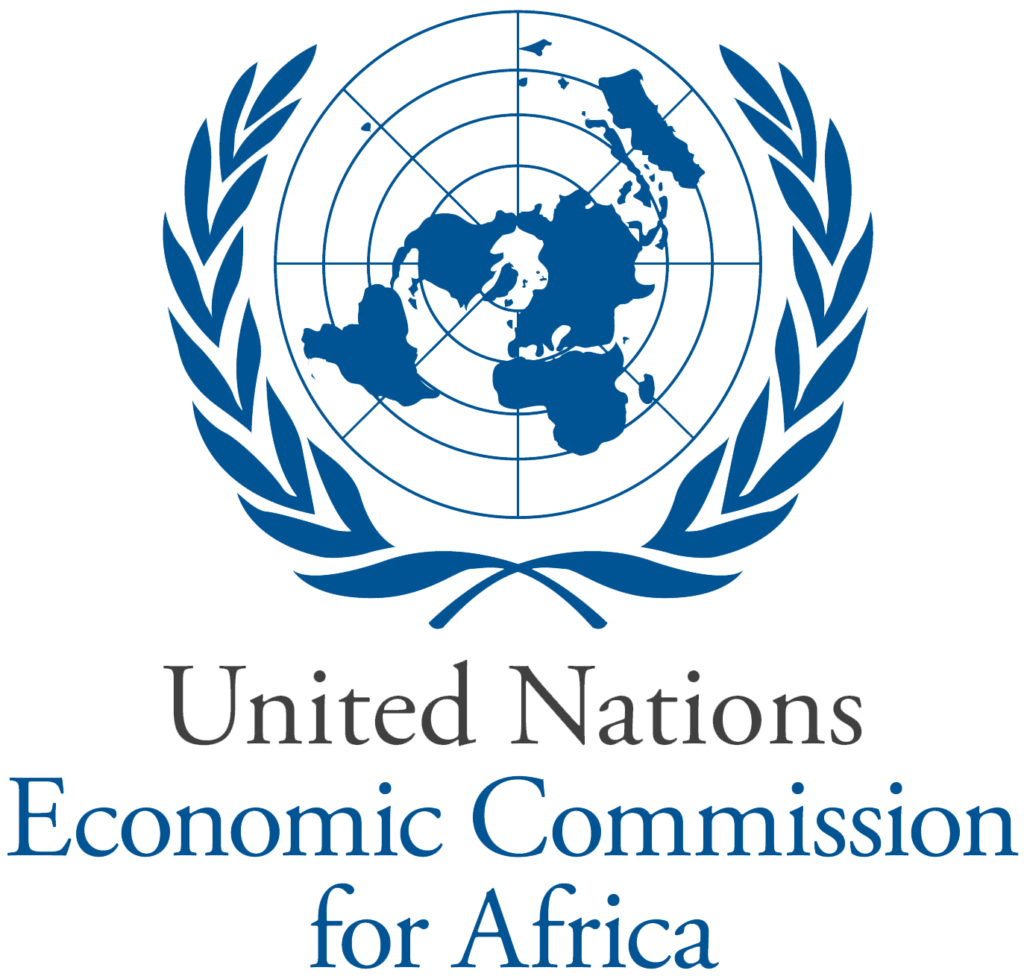
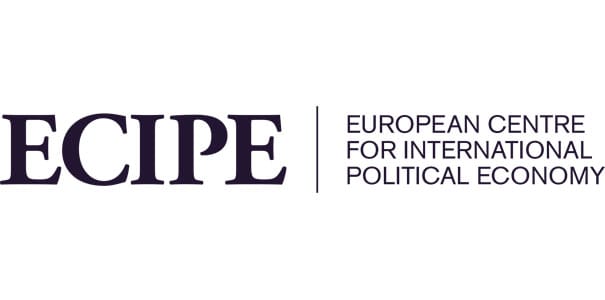


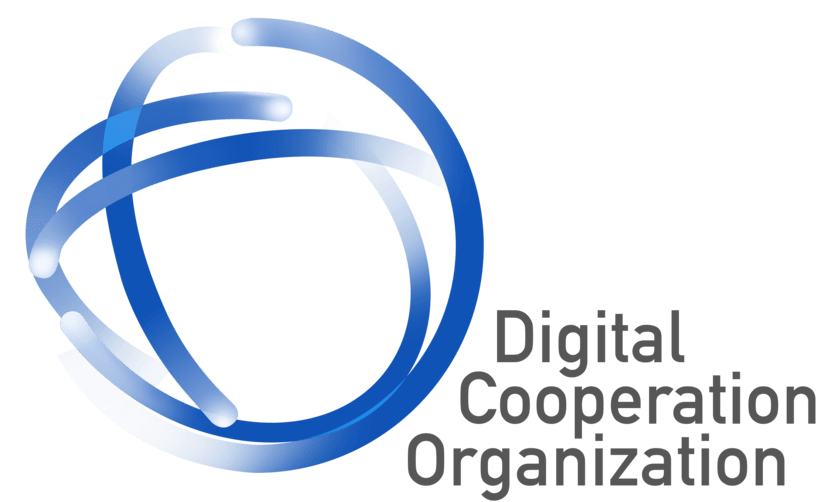

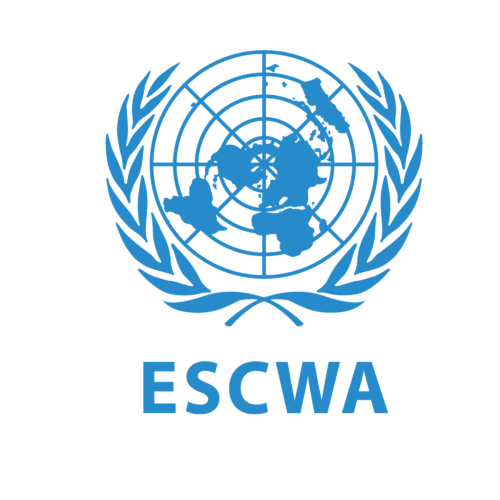

This project has received funding from the European Union’s Horizon 2020 research and innovation programme under grant agreement No 101017201, as well as from the German Academic Exchange Service (DAAD) with funding from the Federal Ministry of Education and Research (BMBF).
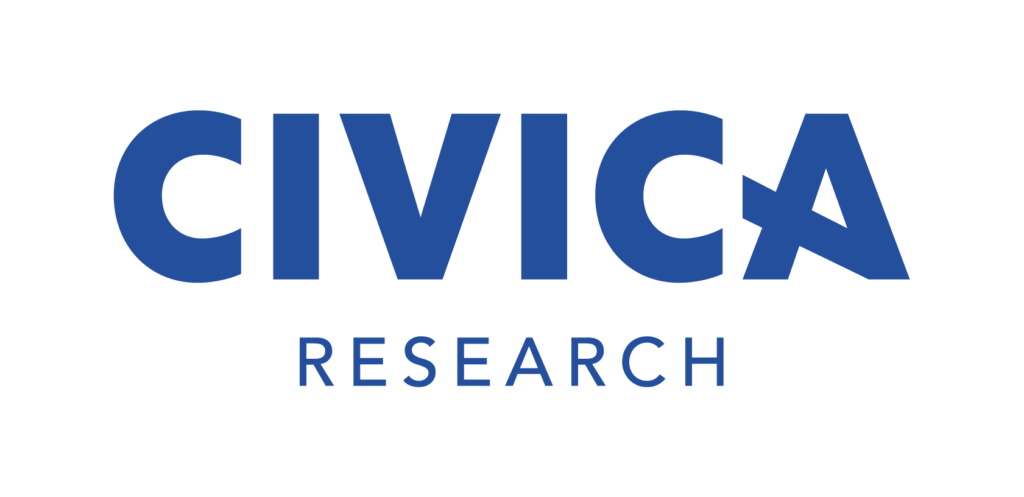

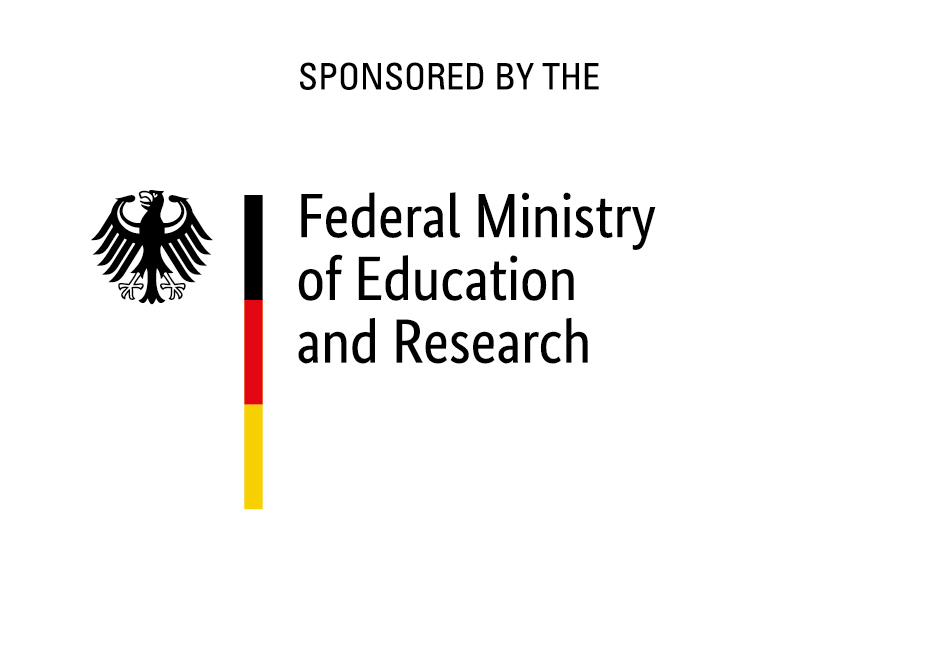
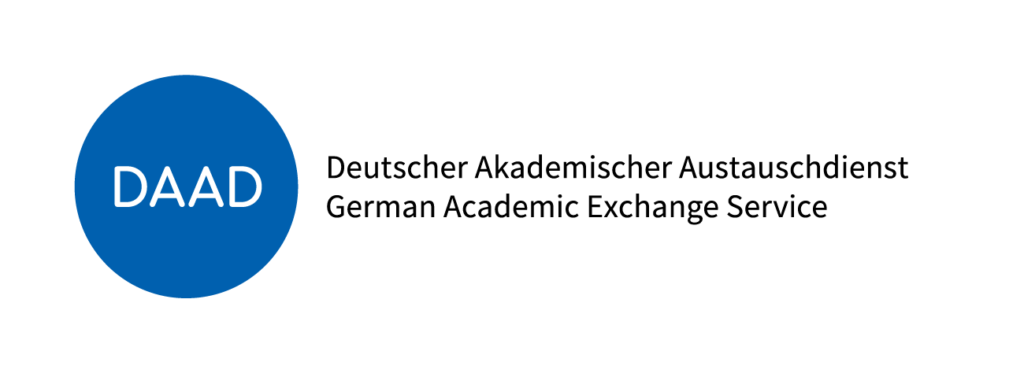
Be the first to know what’s happening.
Join the DTI newsletter

